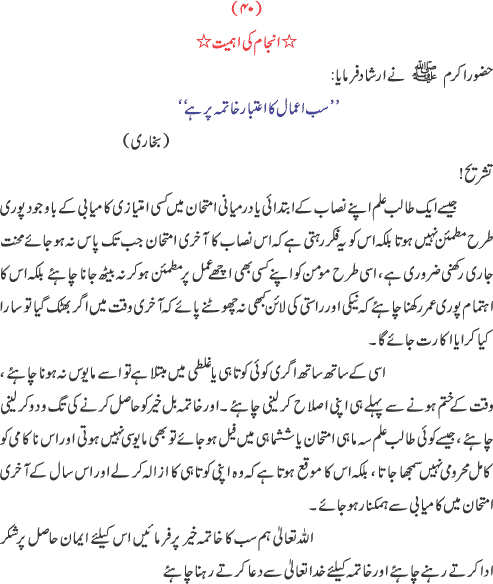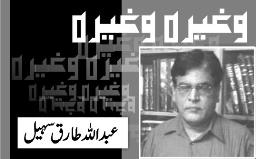
Basant (Jashn-e-Baharaan) in Pakistan
The festival is limited in its celebrations in Pakistan. Instead, the celebrations of spring known as ‘Jashn-e-baharaan’ in Urdu, are carried on in the entire country for almost a month. Basant, in particular, is celebrated in eastern Punjab especially Lahore. Lahore being the historic capital of Punjab celebrates Basant with a lot of vigour and enthusiasm. Although traditionally it was a festival confined to the old-walled city it has spread all through out the city. Other cities in which Basant is mainly celebrated are Gujranwala, Faisalabad, Jhelum,Kasur,Sialkot and Rawalpindi/Islamabad.
Basant is celebrated with great joy in Lahore, and the truth behind the Basant ruling is the religious clerics’ hatred of the festivity, as an article published in the ‘Express Tribune’ a Pakistani Newspaper states:
The Basant prohibition has been explained officially in terms of foul play by kite flyers who use metallic wire or coat their twine with such preparations that it becomes fatal for the people in the streets who happen to get it on their throats.
But the real reason is the clerics’ hatred of the festivity. They campaigned against it calling it a Hindu festival and a pagan ritual. The Muslims, they insisted, must be barred from it. It was on account of this campaign that the prohibition was proclaimed.
Hindus revere and worship everything in nature. To them, the stars, the planets, the rivers, the mountains, the trees, the birds all reveal some aspect or attribute of some god or goddess. But should this give them a monopoly on nature’s bounties? Don’t we benefit from the natural phenomena? Why should their behaviour bar us from our joys?
The Hindu Basant Panchumi involves certain acts of worship. For the Muslims the Basant festival was started by Nizamuddin Aulia. Amir Khusrau, the story goes, was on his way to visit his spiritual mentor when he noticed mustard fields in full blossom. He also saw a lot of people wearing the colour: women in yellow saris, men in yellow turbans.
The scene inspired the poet in him. He plucked a branch carrying several mustard flowers and placed it in his turban. He also came up with a verse invoking the spring showers to demand flowers and wine.
Nizamuddin, for his part, had for months looked dejected following the death of his favourite nephew. He had stopped listening to music and had not been seen smiling in a while. The verse brought a smile to his face. Noticing the flowers Khusrau was carrying in his turban, he demanded an explanation. Told that the people were celebrating the advent of spring, he instructed his followers to do likewise. The little hint from Sultan Ji opened the doors for Delhi’s Muslims.
The festival became so popular with Delhi’s Muslim population that it came to be regarded as their representative celebration. It was particularly associated with the city’s sufi shrines. And it was no longer a one-day affair; it went on for weeks.
Flowers were offered at the Qadam Sharif on the first day of the month and perfumed water sprinkled. Sweets were distributed and samaa sessions held. The next morning, people wearing the mustard yellow would visit the shrine of Bakhtiar Kaki. In the evening lamps were lighted at the tomb of Chiragh Delhi. On the third day the festival would arrive at the shrine of Nizamuddin where a samaa session was also held.
The forth evening was dedicated to Shah Hassan Rasoolnuma. The fifth day everybody visited the shrine of Shah Turkmen. The sixth day ministers, courtiers and dignitaries visited the High Fort to greet the king. Bahadur Shah Zafar, the last king, a poet himself, came up with the verse that is still raga singers’ favourite for Basant recitals.
Eventually the festival grew into a month-long celebration. Separate days were now reserved for Basant offerings and celebrations at still more sufi shrines including the Haray Bharay Shah’s, the Sarwar Shaheed’s and the Bholu Shah’s.
By the year 1857, according to a researcher, Muslims in northern India in general and those in Delhi and Agra in particular, celebrated Basant with great fervour. Kite flying was a popular Basant activity in the Punjab. Kite flying at Basant in Lahore is thus nothing new or very recent. It has long been associated with the festival.
So, the authorities’ view of the festival is at a variance with our cultural history. Our sufi saints considered Basant permissible fun but our clerics and officials today see it as un-Islamic. How callous do they have to be to refuse to tolerate people enjoying themselves; to try and douse all occasions of joy?











